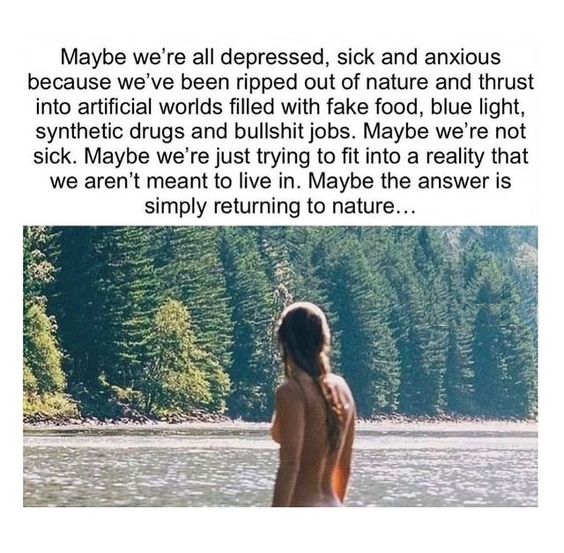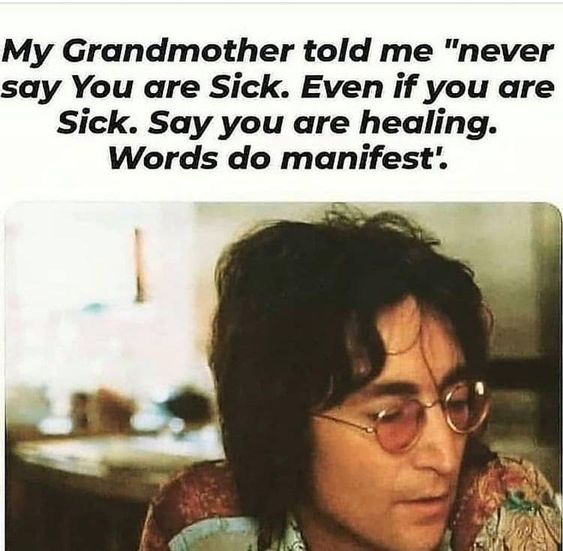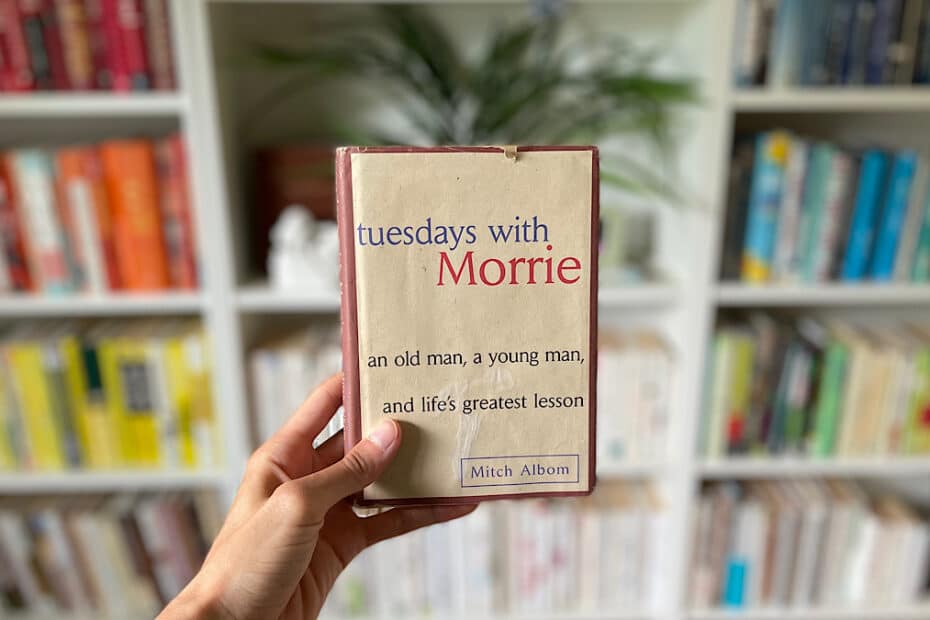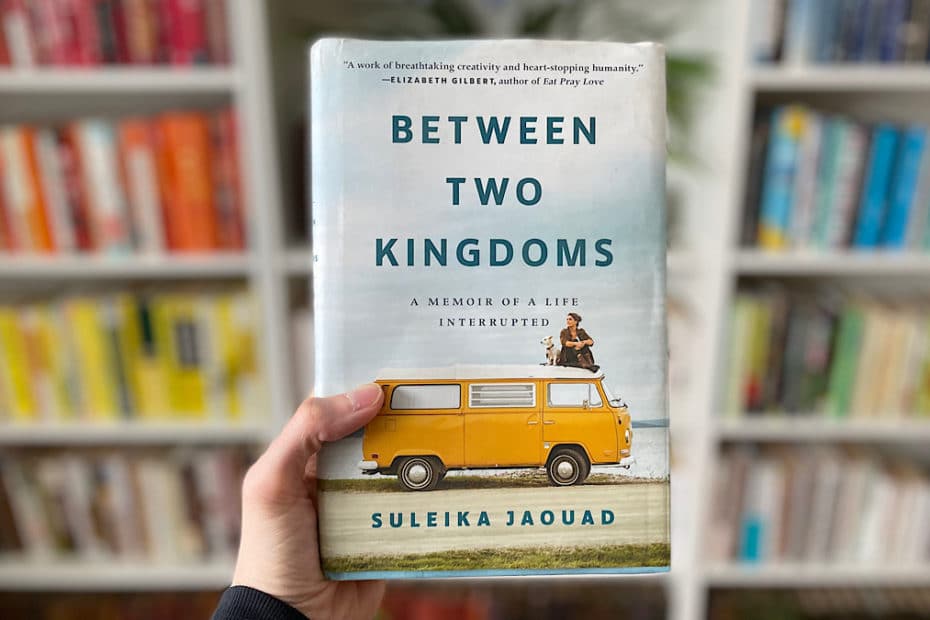“That was the enchantment that had happened to him in his sleep and through the om: he now loved everything and everyone, he was full of cheerful love for anything he saw. And it seemed to him now that he had been so ill earlier because he had been able to love nothing and no one.”
Hermann Hesse, Siddhartha (Page 83)
“Parkinson’s has made me aware of time. Like, really aware of it. My sense of mission, my sense of this is what I’m supposed to do, that got much stronger in me. If I don’t do that, I start to think about, ‘Oh, shit, this happened to me. What a drag.’ You know, it makes life harder. Then you go into this whole pity party thing. It’s a complete waste of time.”
Phil Stutz, Stutz
“[Bruce Lee’s] answer to problems was to turn a stumbling block into a stepping stone. For instance, when he was confined to bed rest for six months because of a back injury, he used that opportunity to compile his training methods and his philosophical thoughts into several volumes.”
Linda Lee Cadwell, via Striking Thoughts (Page xvii)
Sick on my journey,
only my dreams will wander
these desolate moors
Bashō, Narrow Road To The Interior (Page 179)
28 Timeless Morrie Schwartz Quotes from Tuesdays With Morrie
Excerpt: Morrie Schwartz was dying—and yet had so much left to give. Read our favorite Morrie quotes from Tuesdays With Morrie—the timeless classic.
Read More »28 Timeless Morrie Schwartz Quotes from Tuesdays With Morrie
“Illnesses almost always destroy one’s physical power, and they release the power of one’s soul. For a person who concentrates his consciousness in the spiritual domain, illnesses do not diminish his goodness, but on the contrary, they increase it.”
Leo Tolstoy, A Calendar of Wisdom (Page 132)
“It’s horrible to watch my body slowly wilt away to nothing. But it’s also wonderful because of all the time I get to say good-bye. Not everyone is so lucky.”
Morrie Schwartz, via Tuesdays With Morrie (Page 57)
Tuesdays With Morrie [Book]
![Tuesdays With Morrie by Mitch Albom [Book]](https://movemequotes.com/wp-content/uploads/2022/04/Tuesdays.jpeg)
Book Overview: Maybe it was a grandparent, or a teacher, or a colleague. Someone older, patient and wise, who understood you when you were young and searching, helped you see the world as a more profound place, gave you sound advice to help you make your way through it.
For Mitch Albom, that person was Morrie Schwartz, his college professor from nearly twenty years ago.
Maybe, like Mitch, you lost track of this mentor as you made your way, and the insights faded, and the world seemed colder. Wouldn’t you like to see that person again, ask the bigger questions that still haunt you, receive wisdom for your busy life today the way you once did when you were younger?
Mitch Albom had that second chance. He rediscovered Morrie in the last months of the older man’s life. Knowing he was dying, Morrie visited with Mitch in his study every Tuesday, just as they used to back in college. Their rekindled relationship turned into one final “class”: lessons in how to live.
Post(s) Inspired by this Book:
28 Timeless Morrie Schwartz Quotes from Tuesdays With Morrie
32 Suleika Jaouad Quotes from Between Two Kingdoms on Cancer, Suffering, and Survival
Excerpt: Suleika Jaouad’s life was devastated by cancer. Our quotes from Between Two Kingdoms will give you a raw glimpse as to how she survived.
Read More »32 Suleika Jaouad Quotes from Between Two Kingdoms on Cancer, Suffering, and Survival
“Gazing up at the Milky Way, I remember when all I wanted is what I have in this moment. Sitting on the kitchen floor of my old apartment, sicker than I’d ever felt, my heart fractured into ten thousand tiny pieces, I needed to believe that there was a truer, more expansive and fulfilling version of my life out there. I had no interest in existing as a martyr, forever defined by the worst things that had happened to me. I needed to believe that when your life has become a cage, you can loosen the bars and reclaim your freedom. I told myself again and again, until I believed my own words: It is possible for me to alter the course of my becoming.“
Suleika Jaoaud, Between Two Kingdoms (Page 324)
“It is hard to rage at something as nebulous as cancer. You have to steer the trajectory of your anger, ideally toward a canvas or a notebook, before it hurdles toward a human target.”
Suleika Jaouad, Between Two Kingdoms (Page 281)
“They say that in difficult times you find out who your friends are, but mostly I found out whom I wanted to befriend. Some people I thought I could count on disappeared, while others I barely knew did more than I ever expected.”
Suleika Jaouad, Between Two Kingdoms (Page 224)
“When life brings you to the floor, there is a choice: You can allow the worst thing that’s ever happened to you to hijack your remaining days, or you can claw your way back into motion.”
Suleika Jaouad, Between Two Kingdoms (Page 224)
“It took me a while to say I was a cancer patient. Then, for a long time, I was only that. It’s time for me to figure out who I am now.”
Suleika Jaouad, Between Two Kingdoms (Page 221)
“In my lowest moments, I fantasize about getting sick again. I miss the sense of purpose and clarity I felt while in treatment—the way staring your mortality straight in the eye simplifies things and reroutes your focus to what really matters. I miss the hospital’s ecosystem. Like me, everyone there was broken, but out here, among the living, I feel like an imposter, overwhelmed and unable to function.”
Suleika Jaouad, Between Two Kingdoms (Page 214)
“We are all terminal patients on this earth—the mystery is not ‘if’ but ‘when’ death appears in the plotline.”
Suleika Jaouad, Between Two Kingdoms (Page 119)
“I decided to reimagine my survival as a creative act. If the chemo sores in my mouth made it too painful to talk, I would find new ways to communicate. As long as I was stuck in bed, my imagination would become the vessel that allowed me to travel beyond the confines of my room. If my body had grown so depleted that I now had only three functional hours each day, I would clarify my priorities and make the most of how I spent the time I had.”
Suleika Jaouad, Between Two Kingdoms (Page 109)
A Short Story About Frida Kahlo And The Unexpected Gifts Pain Can Provide [Excerpt]
Excerpt: Pain is inevitable. How we channel pain, however, is a choice. This short story about Frida Kahlo will show you the gifts pain can provide.
Read More »A Short Story About Frida Kahlo And The Unexpected Gifts Pain Can Provide [Excerpt]




![A Short Story About Frida Kahlo And The Unexpected Gifts Pain Can Provide [Excerpt]](https://movemequotes.com/wp-content/uploads/2021/11/Frida-Kahlo-930x620.jpeg)